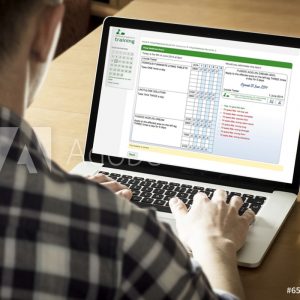Get in touch


This is a more in depth version of our Foundation Course in Medicines Administration for staff from a mix of community, day services, and care homes. This is often the case when councils commission courses. Learners receive a more comprehensive workbook: 16 modules (122 pages) vs 7 modules (32 pages), and are also registered for an online module to tests their knowledge from the studying book. This version is accredited by the Royal College of Nursing plus we are an endorsed learning provider for Skills for Care. It is suitable for nurses, but also care staff who require a more in depth foundation course. Practical workshop content is the same: teaching how to administer medicines in a systematic way against our competence checklist (refined on an ongoing basis from research into why medication errors occur) thereby reducing medication errors (by 36% in a study by Hampshire County Council).
Care support workers and nurses (both new and experienced staff) from a mix of community settings, day services and care homes.
Available as a half-day practical workshop (see morning content below) or extend this into a full-day practical workshop (add on the afternoon content below). All learners also receive a comprehensive workbook on both the half- or full-day practical workshop (see workbook content below).
Two years (click here for details)
We are an endorsed learning provider for Skills for Care
Full day: £995
+ trainer expenses (click here for details). Note that this is the total course price to which VAT applies.
Morning content:
Afternoon content: